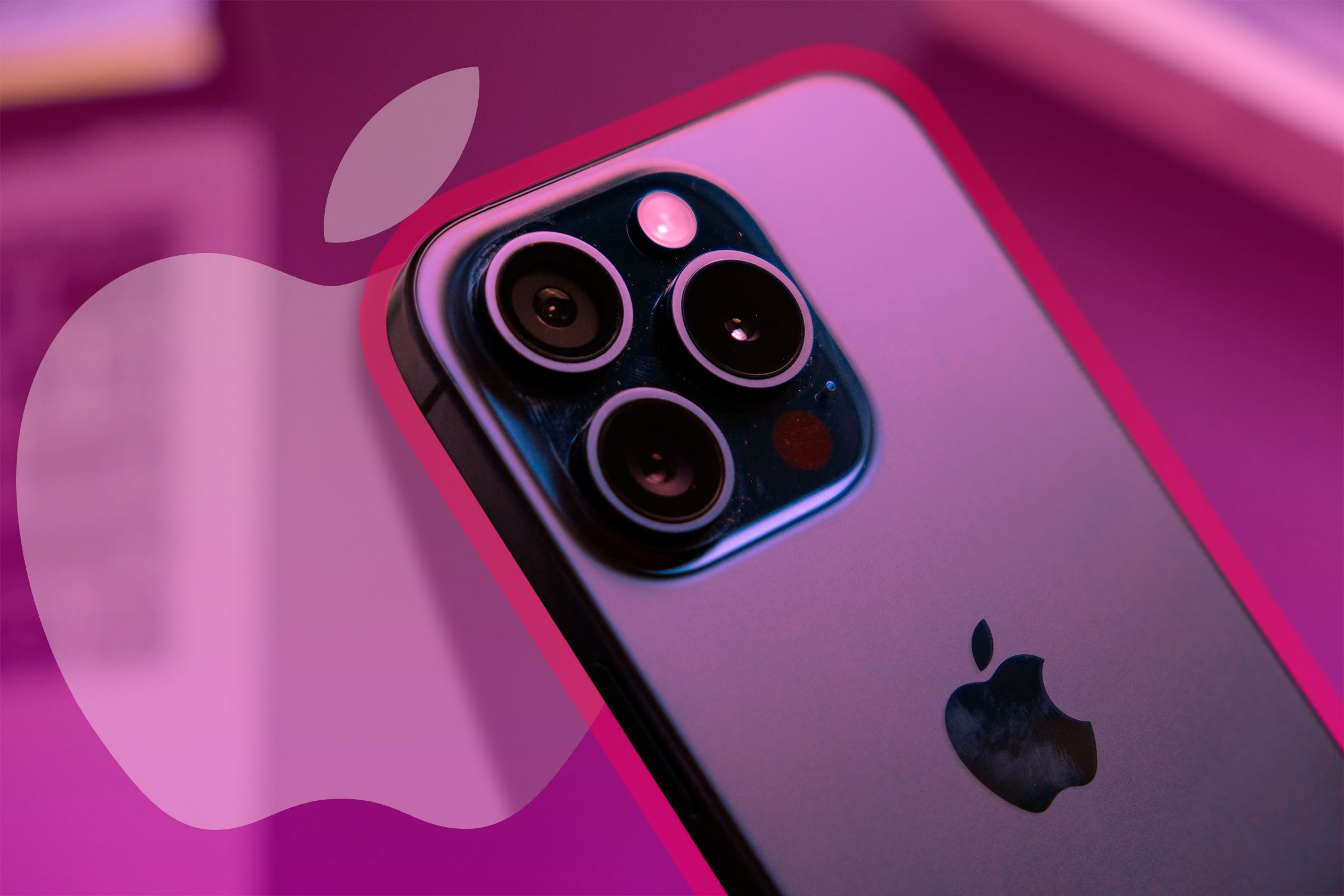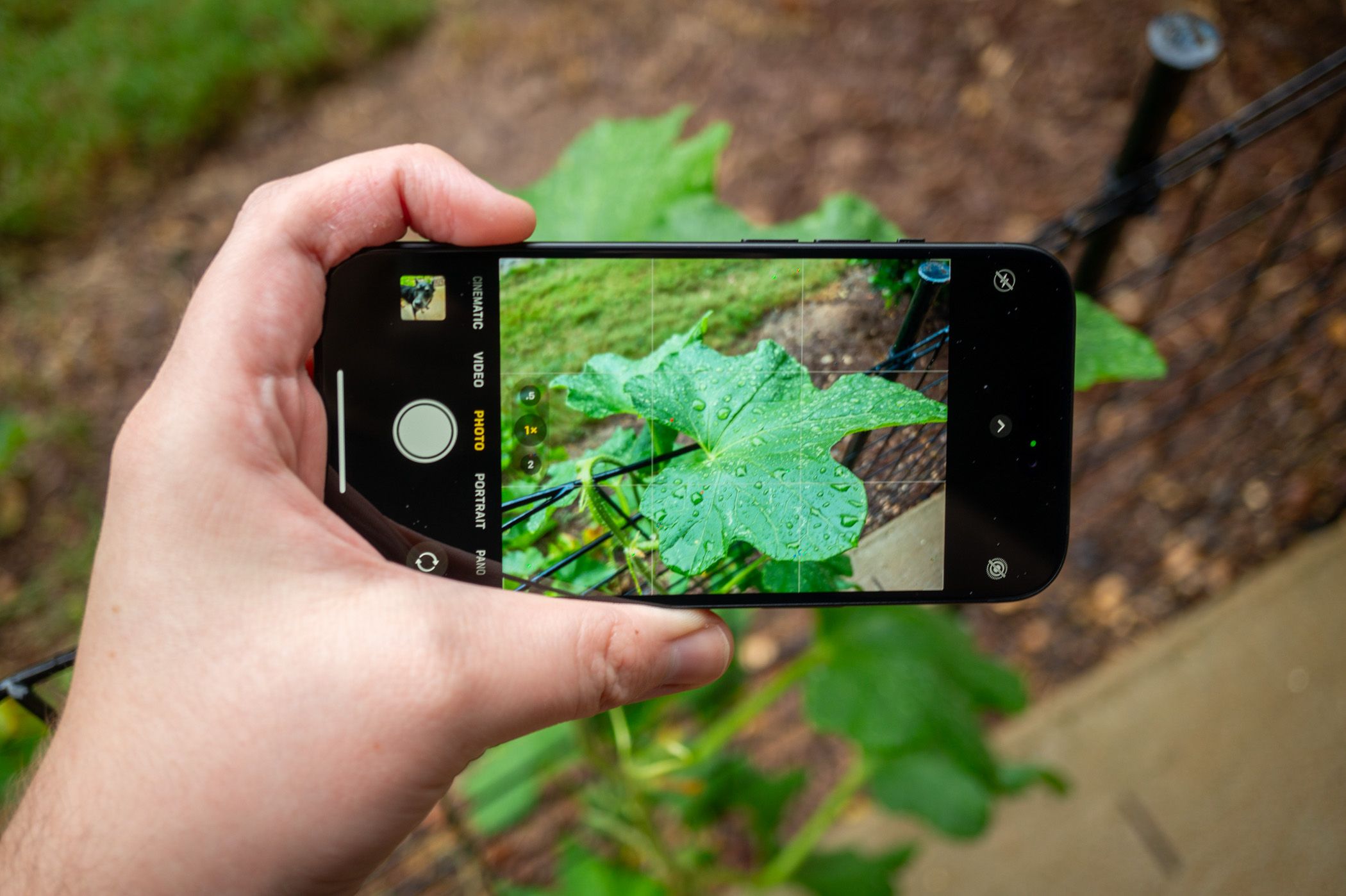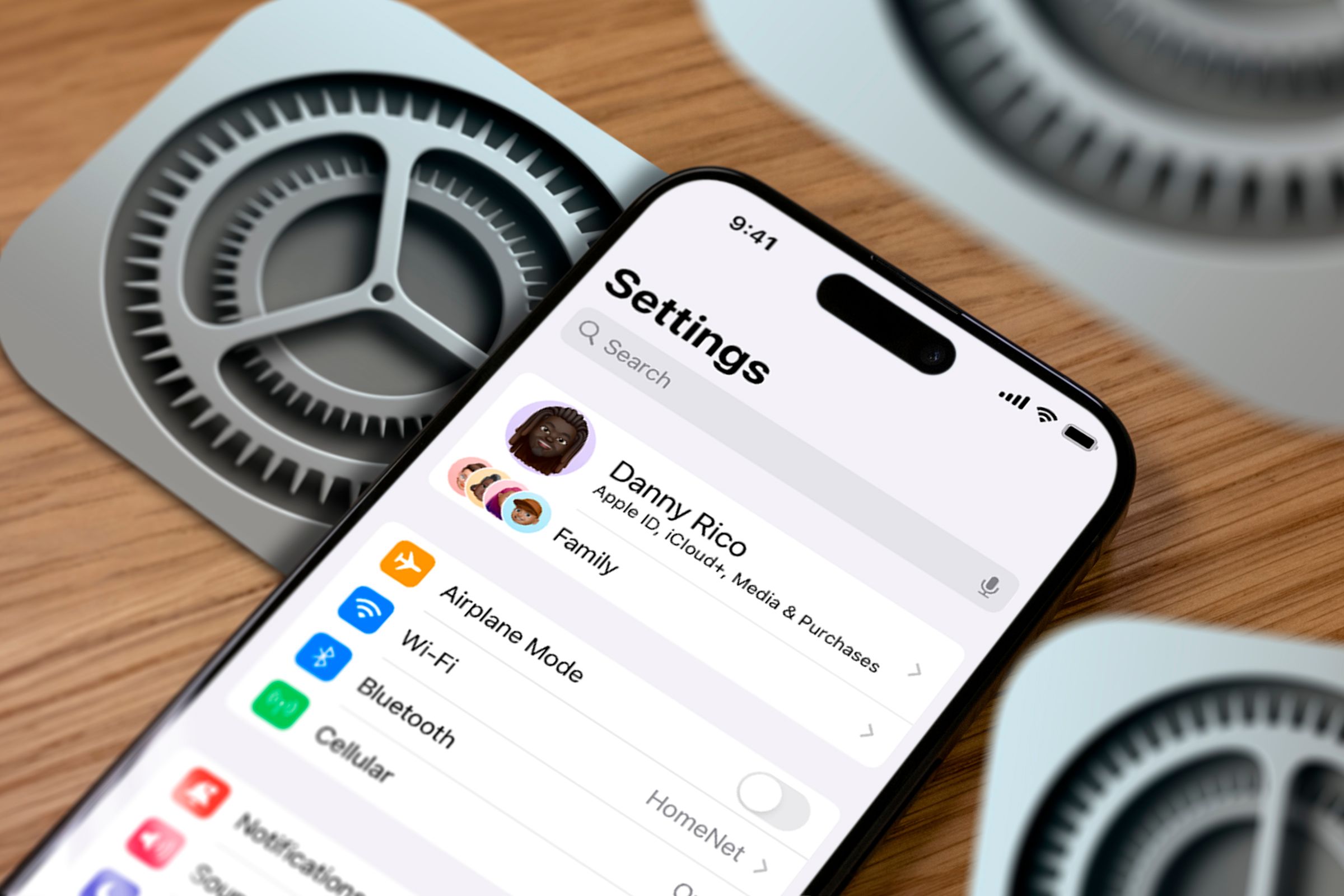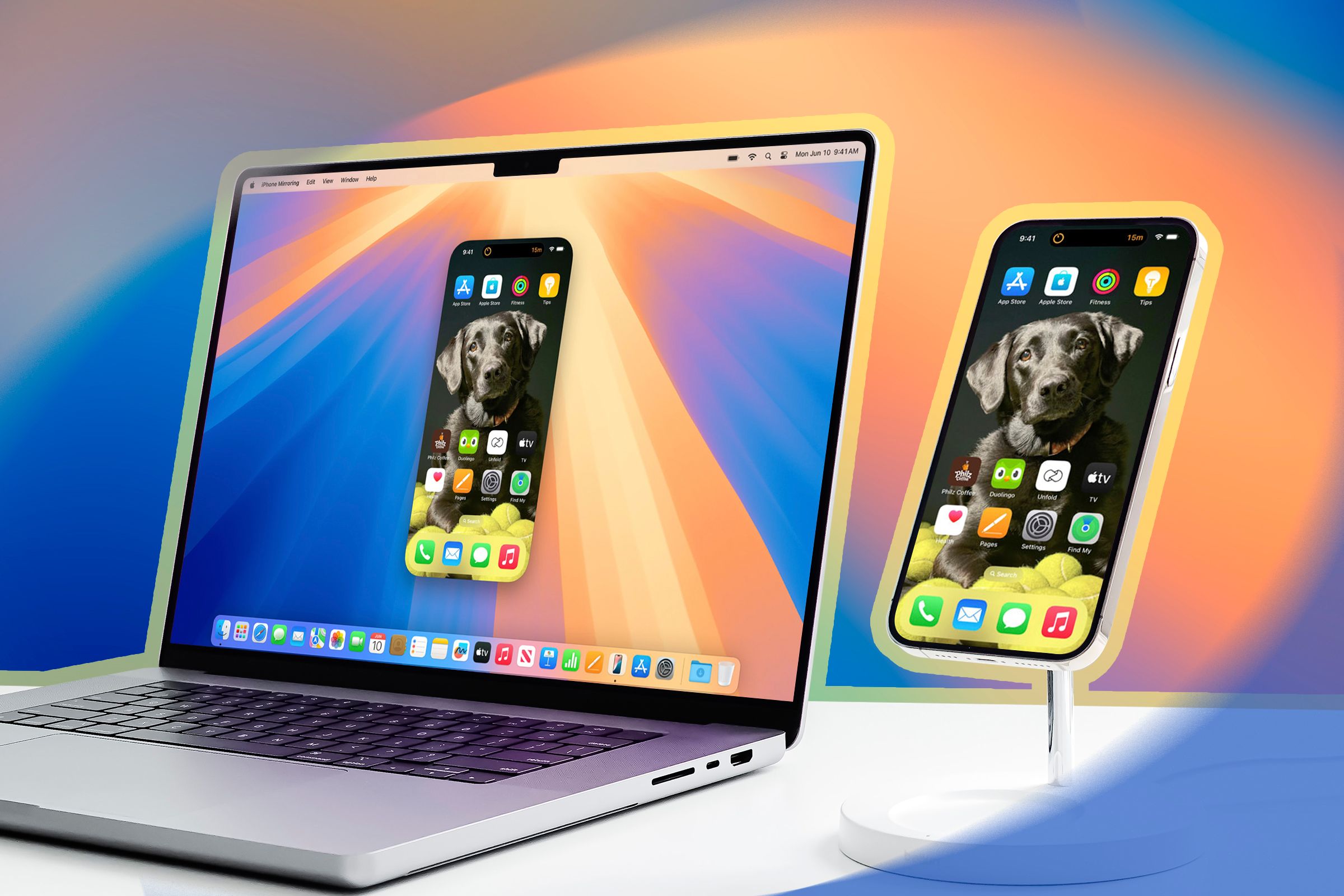
How iPhone Loyalists Embrace Apple's Strict Guidelines Despite Limitations

How iPhone Loyalists Embrace Apple’s Strict Guidelines Despite Limitations
Key Takeaways
- iPhones come with a locked-down operating system, making them less susceptible to user-generated problems and giving people better peace of mind.
- Customization is no longer necessary since the iPhone now ships with adequate performance and many previously Android-only features available.
- Apple’s strict rules contribute to a polished user experience and “new” features are often delayed to provide a better experience than rival manufacturers that introduced them first.
As an Android user, I’m always surprised to hear iPhone users complain about the restrictive nature of iOS, instead of just switching to Android. So, I did some digging, and I found that, contrary to what they say, many iPhone users love Apple’s rules.
Rules Make the iPhone, Not the Camera or Ecosystem
I’m always puzzled when my friends complain that their iPhones won’t let them do certain things because, they probably already knew that an iPhone was more limited than Android before they got one. Apple certainly doesn’t hide it.
But when I point this out, most usually respond with a justification like “But the ecosystem is so great,” or “But it takes amazing pictures.” And while that is true, many Android phones take equally stunning, or even better photos . Likewise, I think the Samsung ecosystem is just as good, if not better, than Apple’s . So I’d still be stumped as to why so many people willingly stick with an OS that hamstrings you as much as the iPhone.

Corbin Davenport / How-To Geek
After thinking about it for a while, it finally hit me—people don’t stay with Apple despite the rules, they stay because of them. Here’s why.
People Want to Creatively Use Their iPhone, Not Creatively Brick It
If you’re like me, you’re a techie and probably feel dissatisfied with your phone as it comes in the box. You want to tinker and fiddle until you’ve optimized every inch of it for maximum performance. But the vast majority of iPhone users don’t feel the same way.
The problem with tinkering is that your phone is your most important device. It holds all your contacts, notes, reminders, wallets, and everything else you need to be a properly functioning human in the 21st century. It’s not a hobby project you can risk breaking; it is the key to your entire digital life. Most people don’t want to mess around and accidentally break something that would throw all these things out of whack.
Sure you could probably fix whatever mess you get yourself into given enough time, but you also have a job to get to, classes to attend, and a family to be with. Can you afford to dedicate hours to restoring your phone every other week? For a lot of people, the answer is “No,” and I think that’s why many of them prefer Apple’s rules.

Lucas Gouveia / Hannah Stryker / How-To Geek
iPhones are great for busy lives. They’re locked down so tightly that it’s very hard to “break” them just by tweaking the various settings. While that may be frustrating in the short term—as there are fewer options to customize—in return, you get the assurance that your phone will do what you need it to when you want it to.
A great way to visualize it is that iPhones are like bikes whose training wheels don’t come off. Sure, you can’t pull any of the ridiculous tricks that other bikes can, but you’ll cruise right by when one of them inevitably breaks a wheel.
Apple’s Rules Mean You Don’t Have to Think Too Hard About Security
Another reason people prefer the iPhone’s restrictions is safety. Apple goes to great lengths to safeguard its users’ privacy and security, but this comes at the cost of certain functionality. So, for example, iPhones can’t sideload apps , use custom ROMs, or install unapproved emulators. I’ve heard a lot of arguments that it’s long past overdue for Apple to bring these features into iOS, but I’d argue that most iPhone users would hate it if that happened.
See, the thing is, it’s exhausting constantly being on the defensive trying to keep yourself secure online, and while you might know all the best tips to safely browse the web , can you say the same for everyone around you?
A more restricted iPhone lets people have a little peace of mind in that respect. You can hand your mum an iPhone and not have to worry that she’ll accidentally install a malicious app off the web. And you can be sure that your child isn’t getting around your parental controls and viewing inappropriate content by sideloading a different browser. There’s less to worry about thanks to the restrictions.
Customizing Every Aspect of Your Smartphone Isn’t Necessary Anymore
Back in the day, people would jailbreak their iPhone just to squeeze out a little more performance , extend the battery by an extra hour, or access cool features they envied on Android. But iPhones have evolved a lot since then, and now even the base models ship with best-in-class performance, all-day batteries, and many long-coveted Android features .
You can now do so much with your iPhone out of the box that jailbreaking is more hassle than it’s worth. Most of the Android customization options that aren’t available to iPhone users just aren’t that big of a deal these days.
Rules Are the Foundation of Apple’s Polished User Experience

Gouveia / How-To Geek | WML Image / Shutterstock
A good way to explain this point is with a feature that iPhone users have been wanting for years: using your phone as your computer . Apple won’t let you use your phone as a PC, but Samsung has offered this capability since 2017 with Samsung Dex.
Dex is a nifty feature, but it’s not without its flaws. You might run into issues like incompatible apps, clunky user interfaces, or missing features you’re accustomed to on your desktop. And let’s not forget the occasional lag. But here’s the thing—Samsung can get away with this because part of their brand is to experiment and push boundaries.
When you buy an iPhone, on the other hand, you expect everything to work perfectly, maybe even better than the competition. The understanding is that you are willing to wait a little longer to get a refined user experience, rather than a bleeding-edge one.
So, even though some people look on in envy as their Android counterparts get to mess around with cool new features, they get to enjoy a more polished experience with the iPhone in the meantime. And when Apple does eventually incorporate those features to its ecosystem, there’s a good chance it’ll be better than what the competition had anyway. This is just how things are looking to shape out with Apple Intelligence .
So, there you have it—the big reasons most stick with Apple despite how restrictive it is. Of course, things are looking a little different across the pond as the EU is enacting legislation that might force Apple to ease up on its restrictions. Time will tell if that helps or hurts Apple’s brand image, but for now US iPhone users have nothing to worry about.
Also read:
- [New] The Future Is Now Hot 10 VR Gear Options
- [New] Tips for Quicker/Slower Video in Instagram Stories
- [Updated] 2024 Approved CG318-4K Unveiled EIZO's High-Res Monitor Review
- [Updated] Key Elements of Constructive Job Interviews
- [Updated] The Docu-Script Writer's Guide
- [Updated] Tips for Perfecting Sound Tracks Start with Audition's Fade-In
- [Updated] Ultimate List All-Rounder Camcorders
- 16 Steps to Successfully Livestream and Save Money on Education Platforms for 2024
- 2024 Approved Seamless Content Consumption Configuring PIP for YouTube on iPhone
- Best 3 Samsung Galaxy S24 Emulator for Mac to Run Your Wanted Android Apps | Dr.fone
- Find Your Perfect Match Gear VR-Compatible Phones 2023
- Get the Latest Epson WF-2750 Drivers for Your Device
- In 2024, All Must-Knows to Use Fake GPS GO Location Spoofer On Xiaomi Civi 3 | Dr.fone
- In 2024, Strategy Revealed A Box-Opening Narrative
- In 2024, The Creative Curator Essential, Zero-Price Text PSDS
- Top Auto Innovations of 2023: Insider Selection of Must-Have Vehicle Accessories | ZDNET
- Top Pick: Affordable 15 MacBook Air at a Steep Discount - Perfect for Everyone! [Get It Now with $250 Off]
- Title: How iPhone Loyalists Embrace Apple's Strict Guidelines Despite Limitations
- Author: Daniel
- Created at : 2025-03-04 01:07:33
- Updated at : 2025-03-05 23:35:13
- Link: https://some-skills.techidaily.com/how-iphone-loyalists-embrace-apples-strict-guidelines-despite-limitations/
- License: This work is licensed under CC BY-NC-SA 4.0.